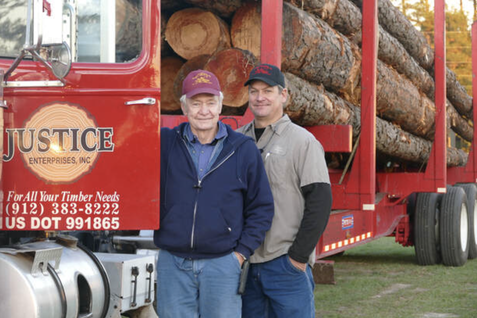Supporting Georgia's Small Forestry Businesses
Referendum Lets Georgia Voters
Choose on Tax Exemption for Forestry Equipment
By Matt Hestad
Summer 2022


|
Georgia Forestry Magazine is published by HL Strategy, an integrated marketing and communications firm focused on our nation's biggest challenges and opportunities. Learn more at hlstrategy.com
|
